Welcome to Season 4!
This fall, we’re back–with eight new episodes plus one bonus episode. This season we’re focusing on churches and Christian communities who are learning how to address the climate crisis together, as an essential aspect of their discipleship. We have a terrific variety of guests to share with you, and we’re confident you’ll discover some wisdom to share with your own faith community.
I hope you’ll subscribe now to the Refugia Podcast on your favorite podcast platform. Episodes drop weekly starting September 14 through November 9.
Just a reminder that the first three seasons still make for great listening. They are available as resources for you to use. You can explore refugia with activists, clergy, artists, biologists, theologians, writers, journalists, and more, just by listening to the first three seasons.
Thanks for listening!
What is the Refugia Podcast about?
Refugia is a biological term for habitats in nature where life endures in times of crisis. In the four seasons of the Refugia Podcast, we have explored the concept of refugia both literally and as a metaphor, discovering how people of faith can become people of refugia—nurturing life-giving spaces in the earth, in our human cultural systems, and in our spiritual communities even in this time of severe disturbance.
For grammar geeks: “Refugia” is plural. “Refugium” is singular. I try to keep this straight, but both I and my guests mess it up sometimes. Meanwhile, the phrase “people of refugia” seems to reconstrue the word as a singular quality or state of being. I like this term enough, obviously, to put up with the confusing linguistic issues involved!
Refugia Episodes
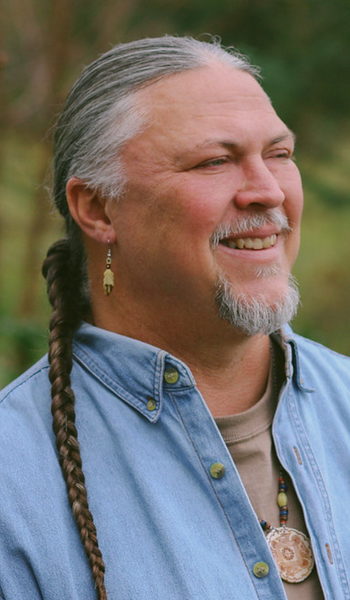
Episode 17 Dreaming of Eloheh: Randy Woodley on Following the Harmony Way
To be human is to be spiritual, to be limited, to be vulnerable. And I think in that we reflect the vulnerability of our Creator.
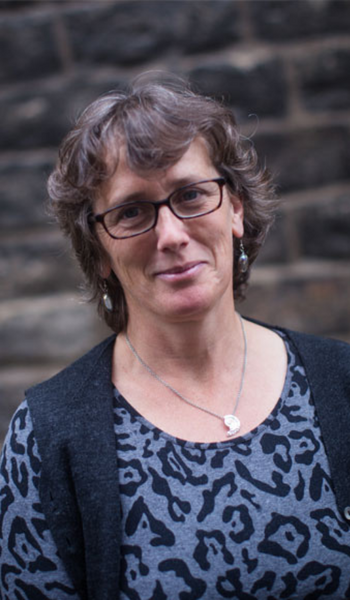
Episode 16 Kites and Kingfishers: Ruth Harvey on the Iona Community and Emerging Patterns
We need to meet in each other’s homes, sharing our questions and our queries about biblical stories, sharing hospitality with one another, sharing refuge with one another. And it’s from those place that the church will be renewed.
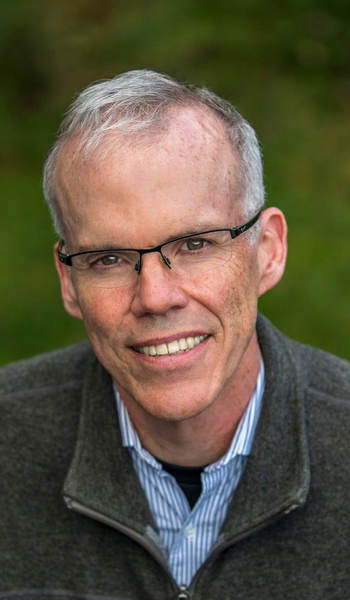
Episode 15 Momentum into the Next Thing: Bill McKibben on Fighting Overwhelming Odds and Praying Through Mental Static
Climate activist Bill McKibben joins us to talk about human solidarity and hope.
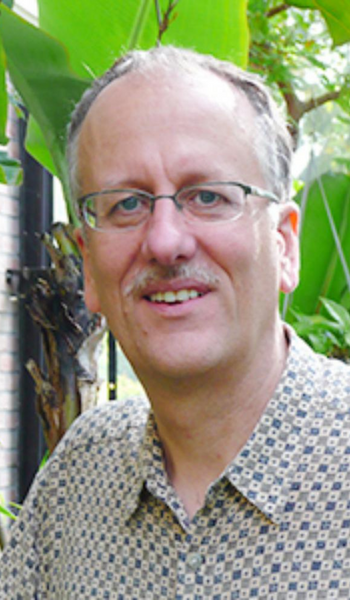
Episode 14 Sacramental Cats and Hungry Deer: Dave Koetje on Refugia Amid COVID
Dave Koetje joins us once again to kick off season two!
Podcast Basics for Guests
What is the podcast all about? The Refugia Podcast explores how Christian spirituality and practice must adapt to prepare for life on a “tough, new

Episode 13 Important Dying: Dave Koetje and Summing Up the Refugia Series
We’ve aired 12 episodes over the last few months, so it’s time to figure out what we’ve learned. I guess we could call this a final exam day.
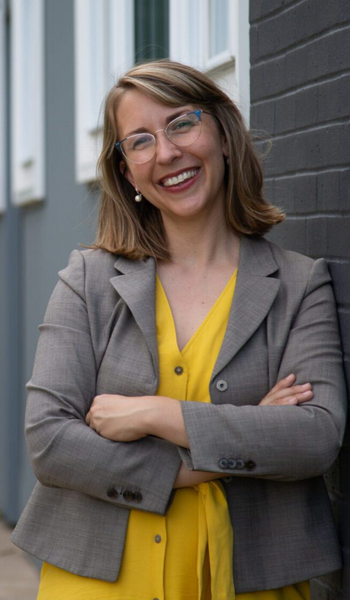
Episode 12 Baselines and Soul Work: Hillary Scholten on Immigration Reform and the Urgency of Creating Good Policy
The thing that I learned from my time working at the Justice Department is that good policy and making good policy takes time. It takes thoughtfulness. It takes deliberation. It’s not crafted in late-night tweets.
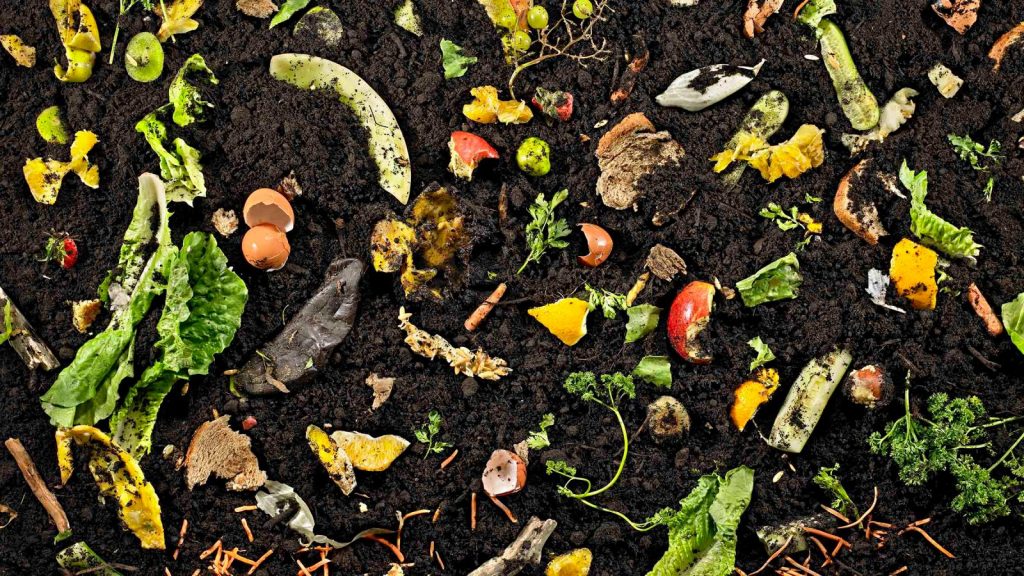
Refugia in Review
Refugia are places where we are content to be small for a while. To wait, to be quiet, to practice simple virtues like hospitality and empathy. To build capacity on a small scale to prepare us for regrowth.
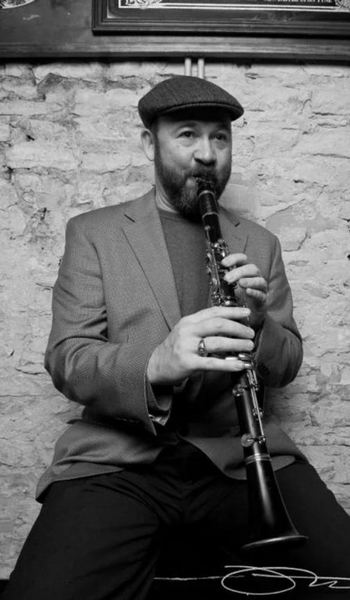
Episode 11 Jazz on the Dunes: David Jellema and the Colony at Lost Valley
You’re at the intersection there of sky and light and water and earth. You’re in the four elements; they’re right there at the shore with you. And I think that kind of magic is what has always drawn people here.
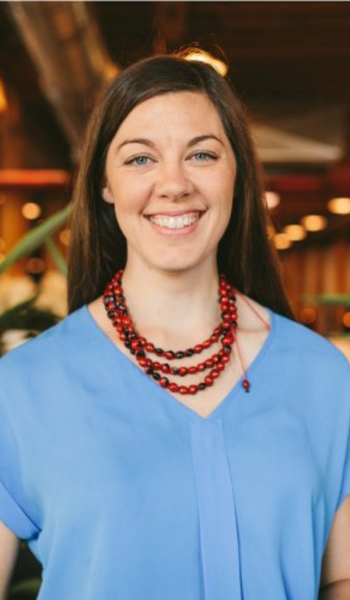
Episode 10 Do the Next Right Thing: Kate Kooyman on Refuge, Refugees, and Stewarding Citizenship
You just do the next thing that’s possible to do and you hope that what that does is it grows into something that will live.
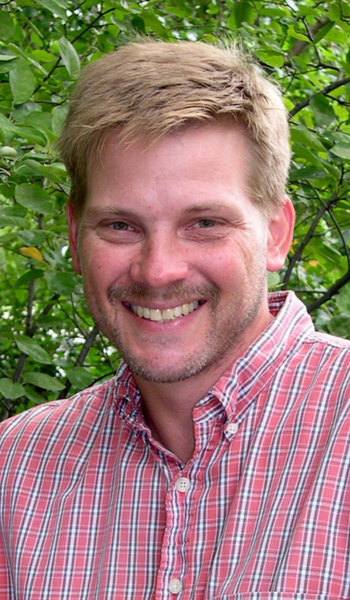
Episode 9 Keep All the Pieces: Tim Van Deelen on Wildlife Conservation and the Ghost of Aldo Leopold
It’s… loss. It really is. It’s the sense that we are losing our biological richness. It’s disappearing before our eyes. And if there are people that care about it, within a generation it becomes a memory, in the next generation it becomes an abstraction.

Episode 8 Dying and Rising: Jeff Chu on Composting, Evolving Faith, and Pop-Up Refugia
Journalist and recent seminary grad Jeff Chu ponders the intersection of theology and farming, then describes the Evolving Faith Conference and other places of healing and fresh imagination for people who are, for whatever reason, feeling on the margins of the church.
Background
Refugia are places of shelter where life endures in times of crisis. From out of these small sanctuaries, life re-emerges, and the world is renewed. We’re exploring what it means for people of faith to be people of refugia. How can we create safe places of flourishing— “micro-countercultures” where we gain strength and spiritual capacity to face the challenges ahead?
Host Debra Rienstra interviews a different guest each week, exploring the evocative idea of refugia from a variety of perspectives, from biology to worship to politics.
This is a podcast, ultimately, about watching for places where God is working at renewal—of the earth, of the church, culture, and society. It’s about seeking how we might participate willingly and courageously in that divine work.
Acknowledgements
Many thanks to the team of people who made this project possible.
Thanks to all my guests, who were so generous with their time and wisdom. I’m proud to put your work on display whenever I can.
Thanks to Kathleen Dean Moore, whose book Great Tide Rising inspired the idea for the podcast and who continues to inspire me with her prophetic voice, artistic skill, and personal integrity.
Thanks to the Calvin Institute of Christian Worship for generous support for Season 4. Thanks to Colin Hoogerwerf for working audio miracles as producer. Thanks to Michal Rubingh for ably editing the transcripts. And thanks to Ron Rienstra for all manner of support in creating Season 4.
Thanks to David Wunder along with the Calvin Center for Christian Scholarship for providing support for Season 3 and to the several Centers and Institutes at Calvin University that provided funding to support an experimental pilot project during the summer of 2019.
Thanks to my excellent assistants for Season 3, Ian Gilbert and Kathryn Gardner (audio editing) and Michal Rubingh (text editing).
Thanks to my excellent assistants for Season 2, Josh Parks (text editing and publicity) and Philip Rienstra (audio editing). Could not have done another season without you.
For Season 1, thanks to Calvin students Kayla Cooper and Garrett Strpko for doing so much of the recording and post-production, and to Jordan Van Eerden for batting cleanup. Thanks to Lauren Cole for much transcription editing and for developing the look of the podcast. Professors are not necessarily the most tech-savvy and we tend to be reclusive, but we can learn. Thanks for your patience with us.
Thanks to Michaela Osborne and Stephanie Boer for vital logistical support during Season 1.
Finally, huge thanks to John Hwang, whose passion and commitment fired me up and made all this possible. Rest in peace, rise in glory, John.
